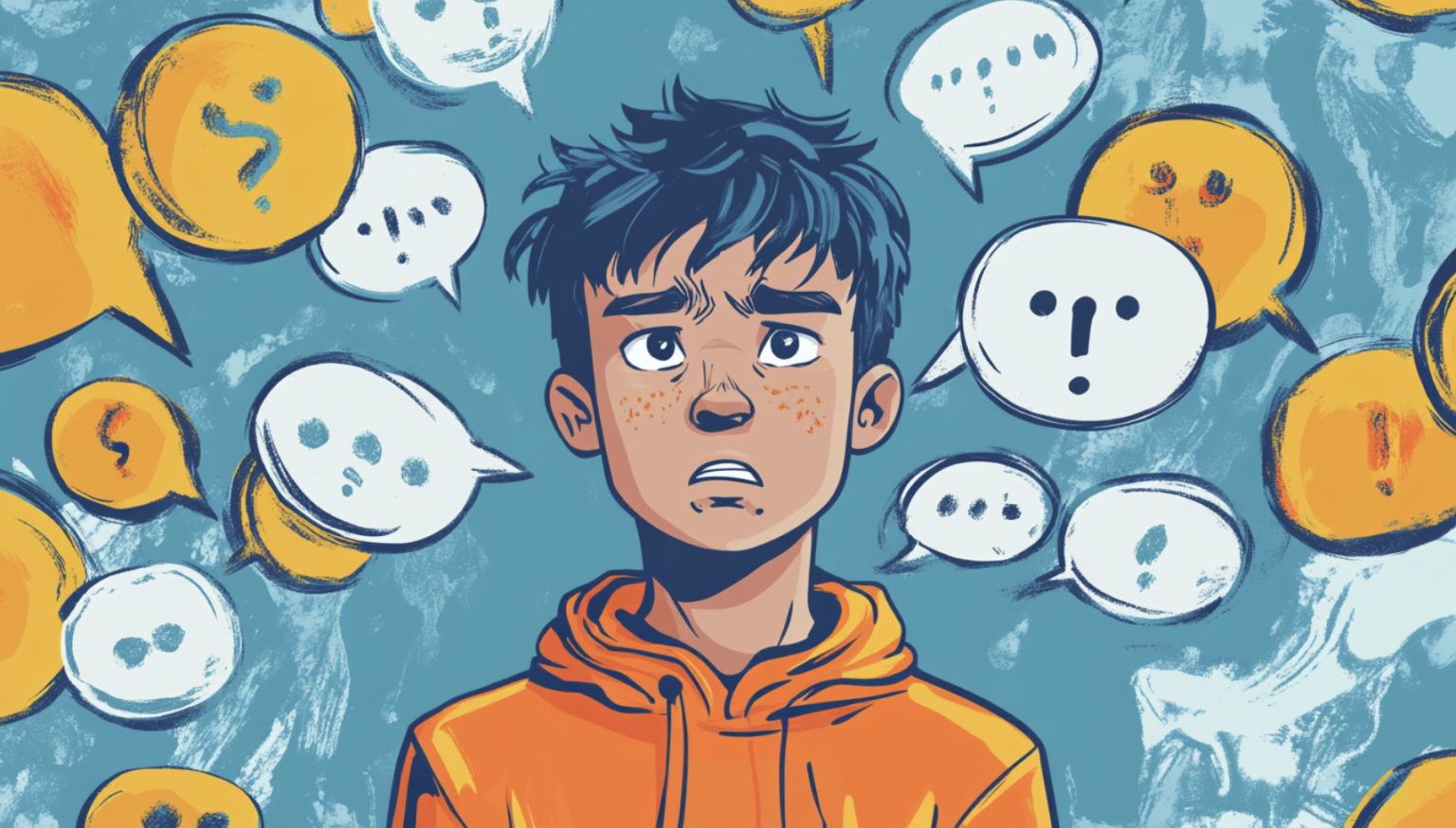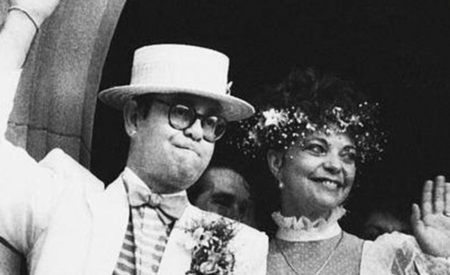A significant increase in the usage of homophobic language among schoolchildren has been reported. Ian Timbrell, a former teacher of 17 years and consultant for schools on LGBTQ+ inclusion, highlighted that children as young as seven are now employing derogatory terms, indicating a “huge resurgence” in such insults within educational settings.
Timbrell, who currently leads the Cardiff-based not-for-profit organisation More than Flags and Rainbows, noted that he has received increased requests for assistance from educators concerned about the pervasive use of homophobic language. He pointed to the role social media, particularly platforms like TikTok, plays in propagating these terms, although a spokesperson for TikTok stated that the app actively removes nearly 90% of videos that violate policies against bullying and hate speech before they are reported.
The Welsh government has articulated that any form of bullying, discrimination, or sexual harassment is “completely unacceptable.” Speaking to BBC News, Timbrell remarked that he did not recall the phrase “that’s so gay” throughout his lengthy teaching career, but acknowledged its recent prominence. He emphasised that such language often stems not only from children but also from their families and their exposure to social media trends originating from the United States.
The issue of homophobic bullying has been documented in reports, including findings from a December 2021 Estyn report which revealed that LGBTQ+ pupils face considerable verbal harassment in schools. As Timbrell pointed out, education plays a crucial role in combating ignorance surrounding this issue. He expressed, “Ignorance is not an excuse,” and asserted the importance of community responsibility in educating both children and parents about the impact of such language.
Ashton Taylor, a 22-year-old law student from Caerphilly who came out as trans at the age of 15, shared his personal experiences with homophobic language in schools. He recalled being frequently labelled with derogatory terms that were often undetected by teachers, stating, “One of the things that I found was I was being called a lesbian quite a lot.” He explained how encountering such language from the young age of 11 made him “more afraid to come out.”
Despite these challenges, Taylor believes that the situation is beginning to improve, although he noted that it remains a substantial concern, especially within smaller communities. He now visits schools and universities to share his experiences, reflecting on how those who once used derogatory terms have since evolved and recognised their impact. Taylor expressed that conversation and openness can lead to understanding, sharing how former peers have reached out to him in reflection of their past actions.
Source: Noah Wire Services
- https://www.the-independent.com/news/uk/home-news/primary-school-children-gay-lgbt-b2631580.html – Corroborates the widespread use of homophobic language among primary school children, including the role of social media platforms like TikTok.
- https://www.the-independent.com/news/uk/home-news/primary-school-children-gay-lgbt-b2631580.html – Supports the finding that a significant majority of primary and secondary school pupils have heard homophobic language.
- https://www.westernsydney.edu.au/newscentre/news_centre/story_archive/2021/opinion_9_in_10_lgbtq_students_say_they_hear_homophobic_language_at_school,_and_1_in_3_hear_it_almost_every_day – Documents the prevalence of homophobic language in schools, including the frequency and impact on LGBTQ+ students.
- https://www.westernsydney.edu.au/newscentre/news_centre/story_archive/2021/opinion_9_in_10_lgbtq_students_say_they_hear_homophobic_language_at_school,_and_1_in_3_hear_it_almost_every_day – Highlights the lack of intervention by teachers and the negative impact on school well-being for LGBTQ+ students.
- https://www.glsen.org/sites/default/files/2022-10/NSCS-2021-Executive_Summary-EN.pdf – Provides data on the frequency of homophobic remarks and negative remarks about gender expression heard by LGBTQ+ students in schools.
- https://www.glsen.org/sites/default/files/2022-10/NSCS-2021-Executive_Summary-EN.pdf – Supports the finding that school staff rarely intervene when they hear homophobic remarks or negative remarks about gender expression.
- https://www.the-independent.com/news/uk/home-news/primary-school-children-gay-lgbt-b2631580.html – Mentions the role of social media in propagating homophobic language, despite platforms’ policies against such content.
- https://www.westernsydney.edu.au/newscentre/news_centre/story_archive/2021/opinion_9_in_10_lgbtq_students_say_they_hear_homophobic_language_at_school,_and_1_in_3_hear_it_almost_every_day – Corroborates the personal experiences of LGBTQ+ students facing homophobic language and the impact on their well-being.
- https://www.glsen.org/sites/default/files/2022-10/NSCS-2021-Executive_Summary-EN.pdf – Highlights the importance of education and community responsibility in addressing homophobic language in schools.
- https://www.the-independent.com/news/uk/home-news/primary-school-children-gay-lgbt-b2631580.html – Supports the need for ongoing dialogue and education to create a more inclusive environment for LGBTQ+ students.


















